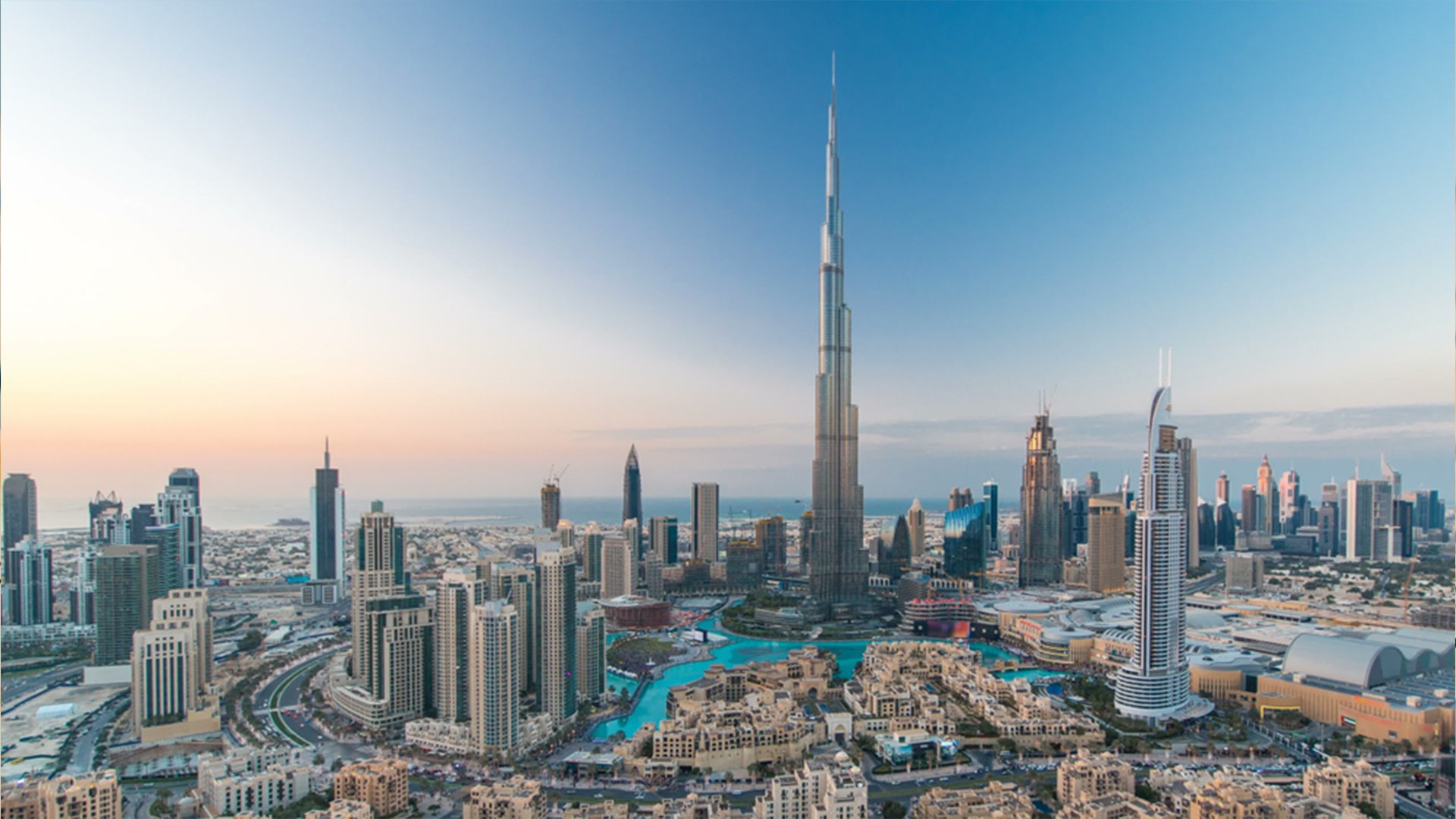Ramadan is an important part of the Islamic faith and is observed by Muslims worldwide. Each year, Muslims observe Ramadan by fasting from dawn until sunset for a full lunar month. During this time, Muslims abstain from food, drink, and other sinful behaviors, such as smoking.
Considering that Ramadan falls during the working days of the summer, the job market in Dubai is inevitably affected. This article explores how Ramadan affects the Dubai job market, examining the pros and cons.
How Ramadan affects the Dubai job market - Hiring-wise

The result is that a number of employers reduce their rate of hiring and prefer to wait until after Ramadan. A subsequent decrease in job openings makes it a challenging time for job seekers to land a job.
But the good point may be about the salary negotiation; the fact that employers are less willing to hire during this period has advantages. It allows job seekers to negotiate better salaries, as employers are more willing to accommodate their demands due to the shortage of personnel. Since hiring costs tend to be low, employers are often more inclined to expedite hiring and salary negotiation processes.
Job Search in Ramadan
The job search process is also affected by Ramadan. During this period, job seekers must be more proactive in their search as fewer jobs are available. This means they must be more creative and resourceful in their job search, looking beyond traditional job postings and exploring other avenues like networking, informational interviews and online platforms.Companies in Dubai have become much more selective when selecting employees for certain positions. Job seekers need to be well-prepared for the recruitment process, as employers consider potential employees' ability to manage a fasting lifestyle. Additionally, Ramadan is a time when employers are more willing to have their staff work flexible hours, meaning that job seekers must be willing to accommodate this.
Read more: 6 Tips to start your career in UAE
Employer Incentives in Ramadan

Furthermore, new businesses often launch campaigns and initiatives during Ramadan, which might include discounts and promotions. Due to heightened demand, more jobs are likely to become available to successfully manage the additional workload and fulfill these initiatives — providing jobseekers with a prime opportunity to secure a job.
How Ramadan affects the Dubai job market - Productivity-wise
During Ramadan, Muslims become more focused as they strive to observe their faith better. This increases overall productivity in the workplace, and in Dubai, the UAE government has embraced this idea by allowing companies to introduce flexible working hours during Ramadan. This has enabled employees and business owners to establish better productivity targets, which benefit businesses in the long run and create a more effective job market.
Boosted Investments
Due to reduced working hours during Ramadan, some companies will reduce spending. However, some companies still invest heavily during Ramadan, especially those operating in the retail sector. Retailers often maximize profits and attract customers by offering great discounts and deals during Ramadan. This ultimately boosts investments and keeps the job market afloat.
Closer Interaction
Since the start of Ramadan, employers and employees have developed a closer relationship through their spiritual practices, which is beneficial for improving the job market. When individuals become closer, their communication instantly improves, leading to better collaboration and higher productivity.Overall, we can see that Ramadan has both positive and negative impacts on the job market in Dubai. Ignoring the tweaks in working hours and productivity, Ramadan also offers businesses an opportunity to contribute to the religious community by providing food and investing in retail. Although Ramadan can sometimes present challenges to the job market, employers should take the opportunity to create an even better working environment that celebrates diversity and brings employees closer together.








 2024-04-17
2024-04-17
 2024-03-26
2024-03-26
 2024-01-23
2024-01-23
 2023-06-06
2023-06-06
 2023-06-06
2023-06-06